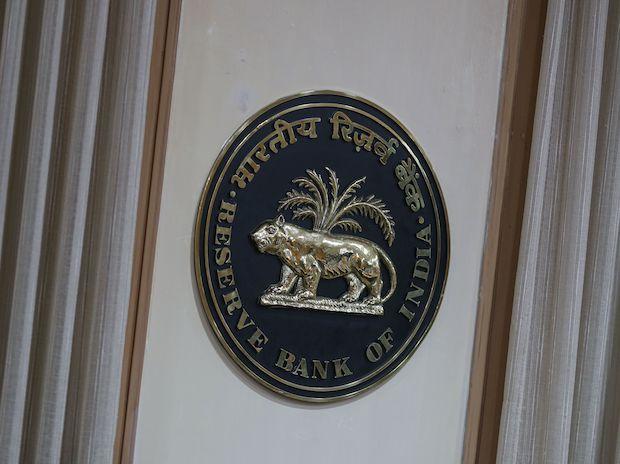Medicines and consumables used in the course of providing health care services to a patient admitted in the hospital will be exempt from the Goods and Services tax (GST), according to a recent ruling by Tamil Nadu’s Authority for Advance Ruling (AAR).
On the other hand, an outpatient will be charged GST for medicines and consumables bought that were prescribed in the course of providing health care services, the AAR said.
There are different rates for different medicines. In the case of inpatients, room rent is exempt from GST only up to Rs 5,000 per day with effect from July 18. For availing the exemption for medicines and consumables, a composite bill has to be raised, the authority ruled. This is so because medicines and consumables to inpatients are a composite supply with treatment whereas those provided to outpatients are not, the AAR clarified. The ruling was delivered on a petition by Kumaran Medical Centre which sought to know from the AAR whether the supply of medicines, drugs and other surgical goods used in the course of providing health care services to outpatients by the pharmacy unit of the centre for diagnosis or treatment would be considered as composite supply of health care services under the GST and consequently eligible for exemption.
Until July 17, even room rent was exempt from GST. However, the GST Council decided to impose five per cent GST on room rent above Rs 5,000 per day from July 18. The tax will not be applicable to ICU, CCU wards.
The authority said supply of implants inserted into the body via a surgical procedure during the course of diagnosis and treatment for diseases, illness, injuries for inpatients are to be considered as composite supply of health care service and are GST exempt.
However, the supply of prosthetics and mobility aids, being in the nature of independent supply, are to be considered as individual supplies and are to be taxed, the AAR ruled.
Saurabh Agarwal, tax partner at EY, said more clarity has been provided by the AAR on availability of exemption of health care services on supply of medication to outpatients and inpatients. “This would help in preserving the nature of law to tax supplies that do not form part of principal supply,” he said.
 Dear Reader,
Dear Reader,
Business Standard has always strived hard to provide up-to-date information and commentary on developments that are of interest to you and have wider political and economic implications for the country and the world. Your encouragement and constant feedback on how to improve our offering have only made our resolve and commitment to these ideals stronger. Even during these difficult times arising out of Covid-19, we continue to remain committed to keeping you informed and updated with credible news, authoritative views and incisive commentary on topical issues of relevance.
We, however, have a request.
As we battle the economic impact of the pandemic, we need your support even more, so that we can continue to offer you more quality content. Our subscription model has seen an encouraging response from many of you, who have subscribed to our online content. More subscription to our online content can only help us achieve the goals of offering you even better and more relevant content. We believe in free, fair and credible journalism. Your support through more subscriptions can help us practise the journalism to which we are committed.
Support quality journalism and subscribe to Business Standard.
Digital Editor



 Dear Reader,
Dear Reader,

GIPHY App Key not set. Please check settings